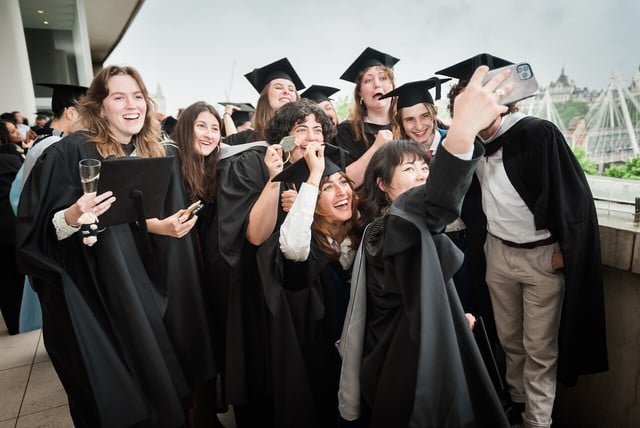
Students at a graduation ceremony at a top British school
PHOTO: UCL
Series of tightening measures
The British government on May 12 released an immigration white paper to the British Parliament, which included many requests to tighten immigration. The measures outlined in the white paper help restructure the UK immigration system to prioritize those who contribute the most to economic growth, ending dependence on international recruitment, according to an official statement.
A notable point in this 82-page document is the decision to shorten the time allowed for international students to stay after graduation without sponsorship, to 18 months instead of 2-3 years as before under the Graduate route work visa. The UK government is also considering imposing a tax on the income from international students of highereducation institutions to reinvest in the domestic higher education system and skills training, the white paper stated.
Another route mentioned is short-term English language programmes of 6-11 months at accredited educational institutions for learners aged 16 and over. According to the UK government , nearly half of applicants for this route were refused in 2024 because they did not genuinely intend to study. As a result, the UK plans to tighten this route and review the accreditation bodies to ensure the process is rigorous enough.
Also related to the field of studying abroad, the British government has proposed tightening requirements for higher education institutions that are allowed to recruit foreign students. Some notable regulations include raising the BCA standards (an annual assessment to monitor the level of compliance of each school), launching a new assessment system. Schools at risk of failing to meet the standards will be restricted from recruiting international students and must participate in a plan to improve.
In addition, if they authorize the recruitment of foreign students through study abroad companies, schools must register to participate in the "Academic Quality Assessment Framework" (AQF) - a system designed to maintain the highest standards in the management of study abroad companies. This means that schools are still responsible for the students they sponsor for study abroad visas and do not leave it entirely to the study abroad company.
Relatives accompanying international students must prove their English proficiency.
Another notable point is that the British government for the first time requires relatives accompanying international students to prove their English proficiency, with a minimum level of A1 according to the Common European Framework of Reference for Languages, to enter the country; the requirement is higher if they want to extend their visa and apply for permanent residence. "When they come to the UK, immigrants must commit to integrating and learning our language," British Prime Minister Keir Starmer said on May 12.
The move continues efforts to reduce the number of family members accompanying international students, after the country earlier last year restricted international students from bringing family members to the UK, except for those studying postgraduate research courses or government-funded courses.
Earlier in March, the UK also began increasing fees for most types of student, tourist and work visas, as well as some other related services. In particular, the student visa application fee increased by 7%, from £490 (VND 16.2 million) to £524 (VND 17.3 million). However, if the applicant only studies English for a short term of no more than 11 months, the fee is £214 (VND 7 million) - also increased by 7%.
Earlier this year, the UK also increased its financial requirements after five years of keeping them unchanged, to £1,136 a month for courses outside London and £1,483 a month for courses in London, both up 10% from the previous level. According to the UK Home Office, international students must prove they have enough money for up to nine months.
In addition, if they bring relatives with them, international students need to prove that they have an additional 680 pounds/month (21 million VND) per person for courses outside London, and 845 pounds/month (26 million VND) for courses in London. And if they study at private boarding schools, international students must prove that they have enough money to pay tuition and boarding fees for one academic year, the UK Home Office added.
According to the latest data from the UK Higher Education Statistics Agency, the 2022-2023 academic year recorded 3,240 Vietnamese studying in the UK at the undergraduate level, down more than half compared to the previous academic year (7,140 people) and lower than when the pandemic occurred (3,725 in 2020-2021). Meanwhile, many recent reports from IDP and AECC show that Australia, the UK and Canada are no longer the top choices for international students after a series of recent policy changes.
Source: https://thanhnien.vn/anh-rut-ngan-thoi-gian-cho-phep-du-hoc-sinh-o-lai-siet-yeu-cau-voi-truong-185250513114354429.htm








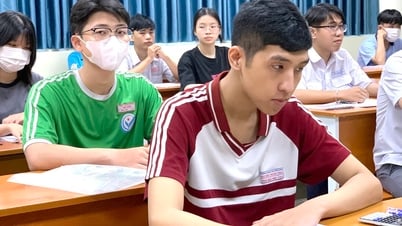



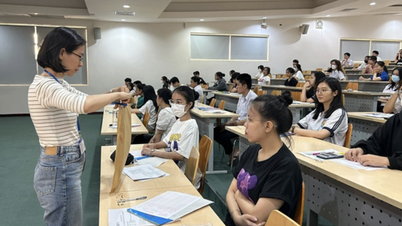


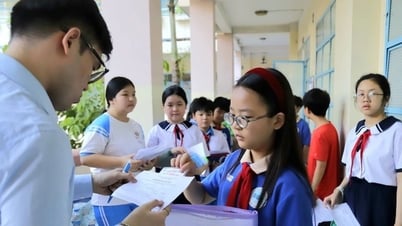
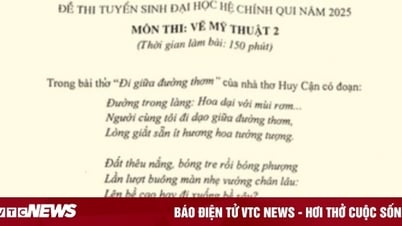









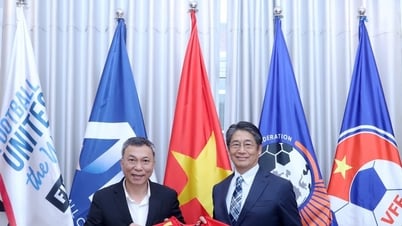



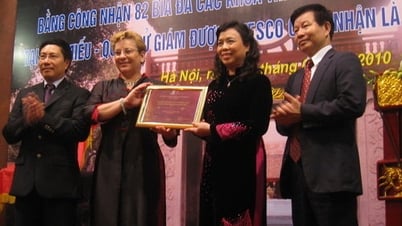



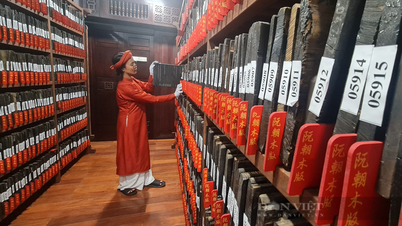





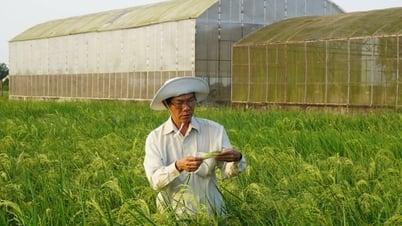

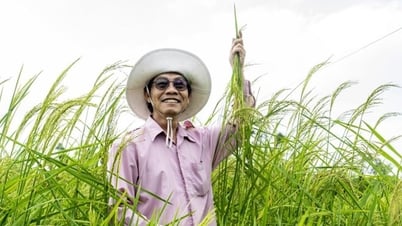

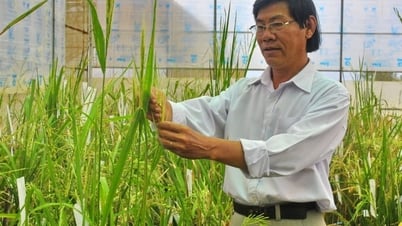
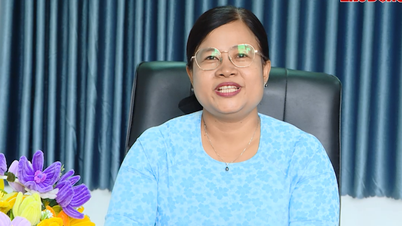
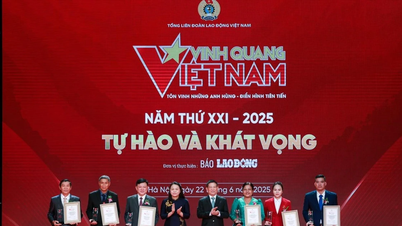



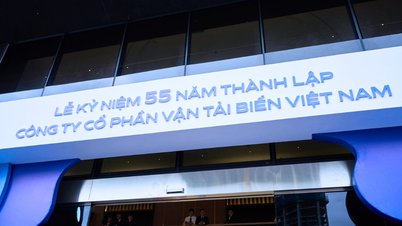







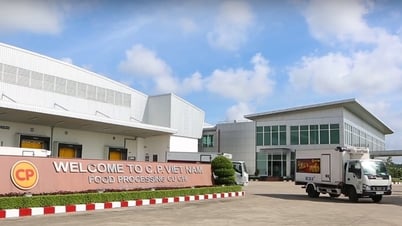

![[Photo] General Secretary To Lam attends the launch of 3 digital platforms serving the implementation of Resolution No. 57-NQ/TW](https://vphoto.vietnam.vn/thumb/402x226/vietnam/resource/IMAGE/2025/7/2/d7fb7a42b2c74ffbb1da1124c24d41d3)


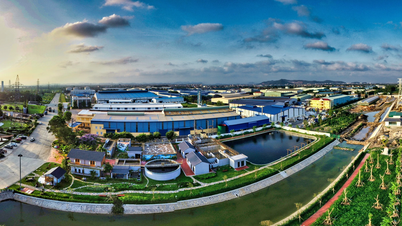

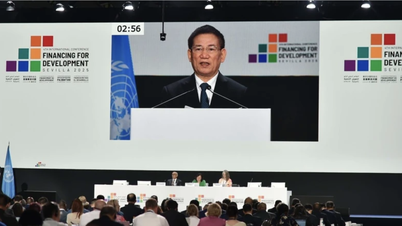


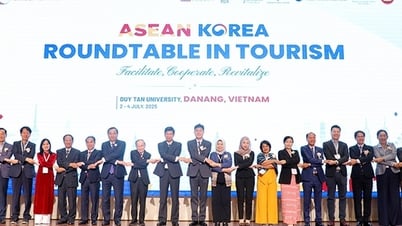

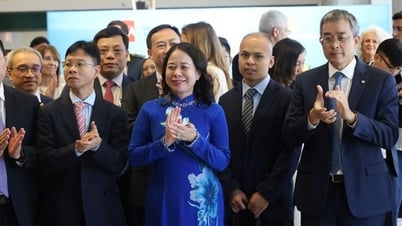



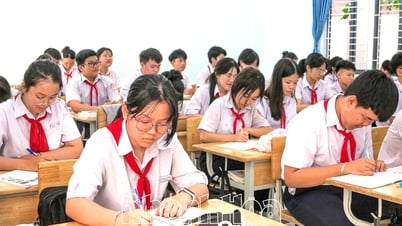







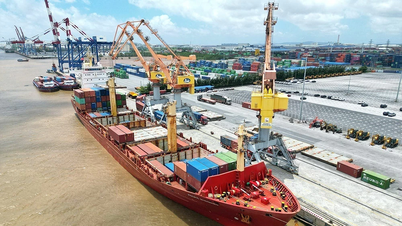

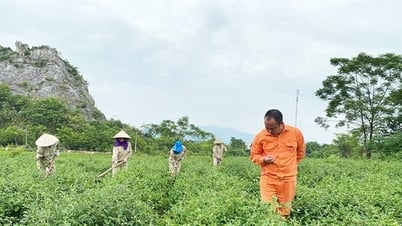

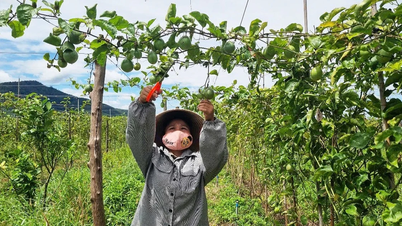







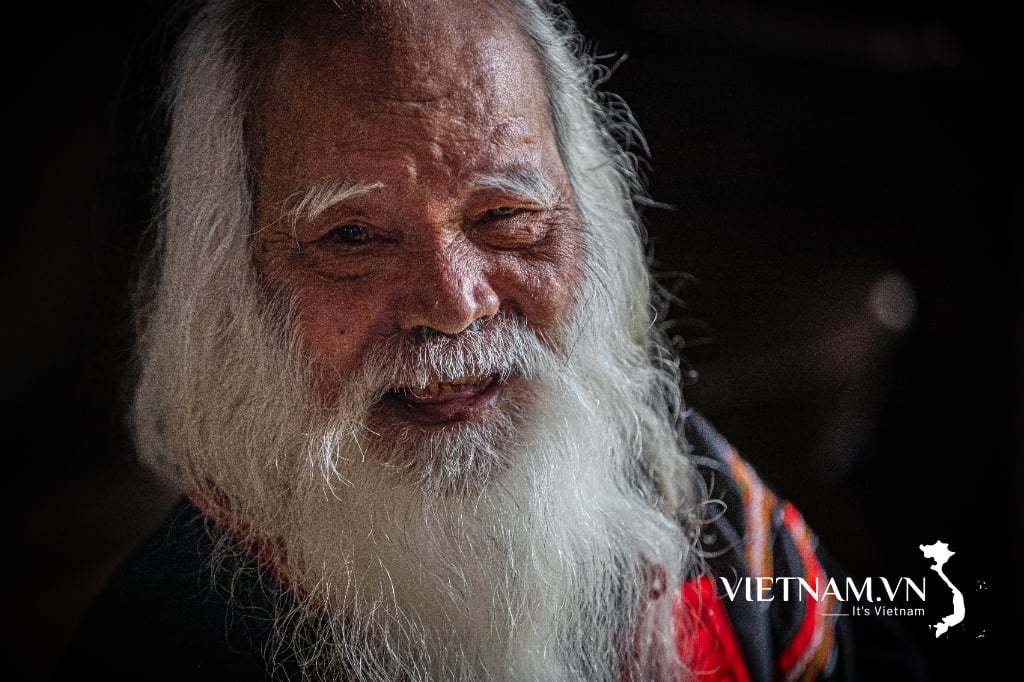



Comment (0)